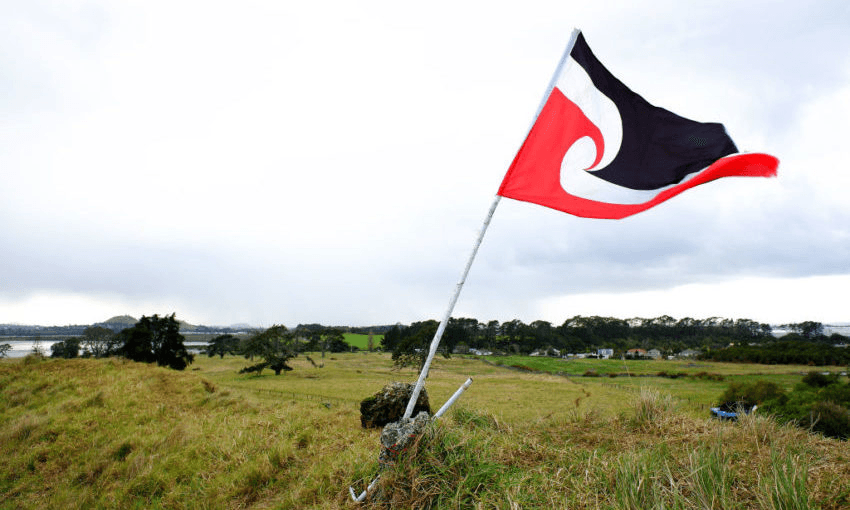Budget 2020: The Labour government must not forget the unjust bailouts of the first Great Depression when it decides New Zealand’s path out of the current one.
Whakapapa is the long and never-ending line of connection from the deities to earth to us. It is the long memory of indigenous people in a world that favours breaking news and electoral cycles. It is the acknowledgement that in order to inform our future we must understand our past, for history has lessons for us all today.
In 1935, the newly elected Labour government awarded Fletcher Construction the contract to build thousands of new state houses to help New Zealand out of the Great Depression.
James Fletcher had successfully lobbied for the role after forging a friendship with future Finance Minister Walter Nash on the express train between Wellington and Auckland.
Known for biting off more than he could chew, Fletcher won the contract with the lowest bid — eventually losing so much money that the company likely wouldn’t exist today were it not for a government bailout of £200,000 ($26 million today).
The government did not allow Māori to live in state houses at that time, despite most state houses being built on stolen Māori land. By the late 1930s, the government – with the help of the armed constabulary, the heavily militarised predecessor to the New Zealand Police – had unjustly confiscated most Māori land, leaving us displaced with little economic or political power.
Today the median net worth of a Māori person is just $29,000 — 79% less than the median Pākehā. Last year, the CEO of Fletchers Building, Ross Taylor, made $29,000 in just 11.5 hours.
It wasn’t until after the second world war that Māori were allowed into state housing. From 1948, the government placed Māori families into state homes in Pākehā neighbourhoods in an effort toward assimilation.
Scared Pākehā, not used to seeing Māori in “their” neighbourhood, started calling the police and social services on Māori children and families. Over the next 30 years, over 100,000 children, the majority of them Māori, were taken from their families and placed in state custody. Many were abused in a legacy of state harm that continues today.
Fast forward to 2020 and we find ourselves with a Labour government at the helm once again, and a Finance Minister with the power to decide how we emerge from another economic depression.
Will this government learn from the past or will they repeat it? Will they make choices that make privately-owned corporations rich or will they act as an honourable Treaty partner?
The extraordinary police powers that were rushed through Parliament yesterday without serious engagement with Māori does not engender much faith. The government’s distrust of Māori to hold tangihanga safely and the use of successful iwi-led checkpoints being used as a political football show we still have a long way to go.
Will budget 2020 include the gifting of Ihumātao back to tāngata whenua or, even better, will Fletchers accept their wealth is built on stolen land and simply give it back?
Will budget 2020 continue to put millions of taxpayer dollars into taking Māori children and babies from their families? Or will this government finally heed the decades-long call that Māori be given full power and resources to care for whānau, hapū and iwi?
It’s hard to believe this is likely to happen when successive governments continue to spend more money in two years on locking people (mostly Māori) in prison than the entire history of land theft reparations (“Treaty settlements”).
Will Māori be supported to develop papakaīnga on what little ancestral land we have left or will we be sidelined in favour of state-funded gentrification? Right now there is a very real risk the government’s fast-tracked “shovel-ready” projects will be used like the laws of the past to steal or pollute even more Māori land.
Will this government unlock whānau from poverty by increasing income support, lifting wages to liveable levels and increasing access to retraining at all stages of life — or will we be left to fight over crumbs with other communities that have been marginalised by government neglect?
It has been 85 years since Labour helped make Fletchers extraordinarily rich. I would like to see this Labour government use its powers differently so that 85 years from now we can look back at the whakapapa of the decisions made today and feel proud of what we’ve achieved.
